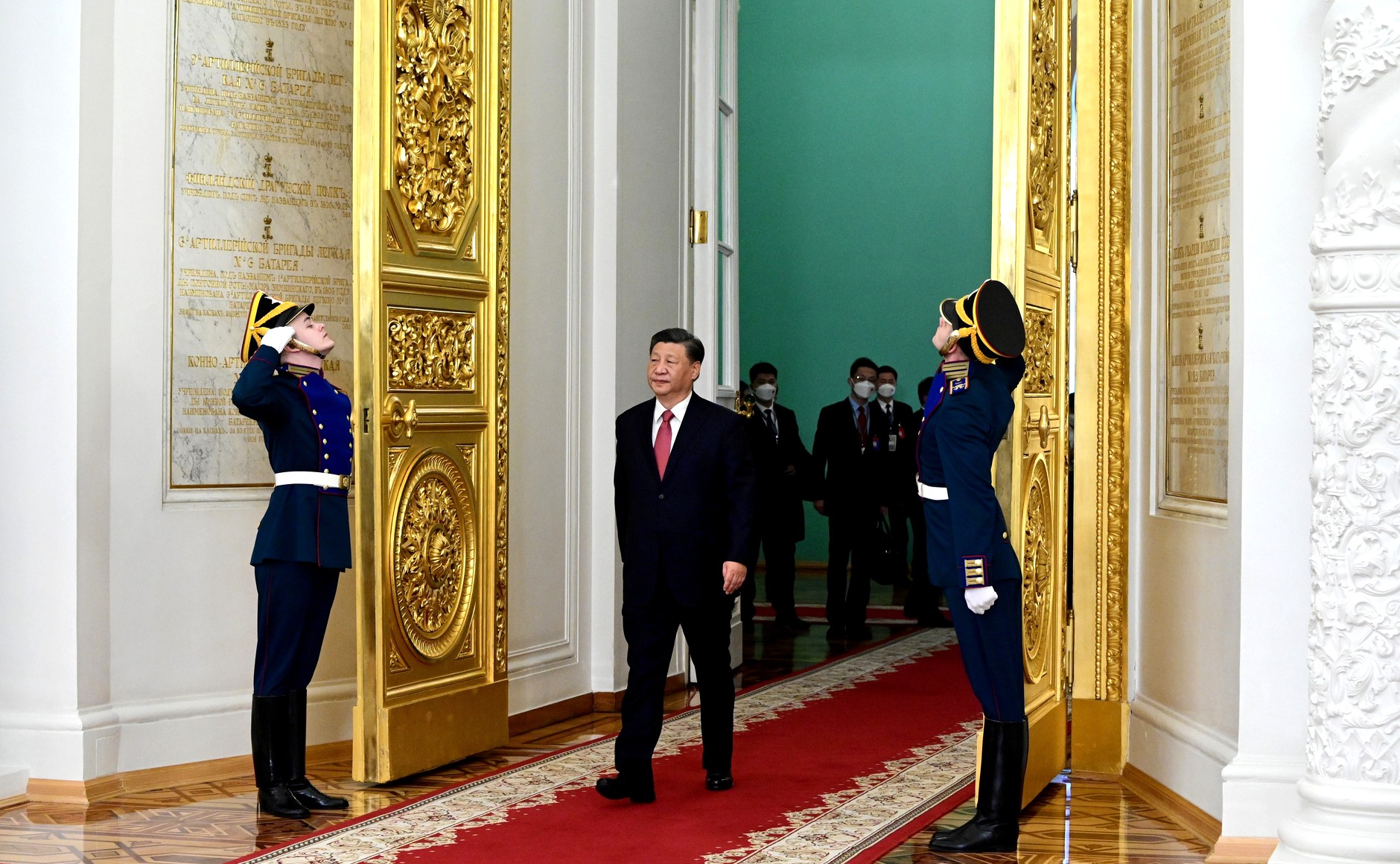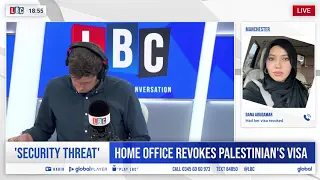China’s engagement in the Middle East is characterized by a duality of actions and rhetoric. While publicly promoting peace and stability in the region, China simultaneously engages in activities that undermine these goals and exacerbate tensions.

China’s Public Stance: Promoting Peace and Order
China frequently presents itself as a mediator and peacemaker in the Middle East. At the recent BRICS virtual summit, President Xi Jinping outlined a six-point plan for ending the conflict in Gaza. This proposal echoes China’s consistent calls for dialogue and diplomacy in resolving regional disputes.
China’s Actions: Supporting Iran and Destabilizing the Region
Despite its peaceful rhetoric, China’s actions in the Middle East often contradict its stated objectives. China’s unwavering support for Iran, a state sponsor of terrorism, raises concerns about its true intentions in the region.
China’s economic and military ties with Iran extend to providing nuclear technology, ballistic missiles, and weapons to Iranian proxies like Hamas and Hezbollah. These actions directly contribute to the instability and violence that plague the Middle East.
China’s Motivations: Economic Interests and Geopolitical Influence
China’s involvement in the Middle East is driven by a combination of economic interests and geopolitical ambitions. Access to oil and gas resources, expanding trade routes, and gaining regional influence are key motivators for China’s engagement.
China’s support for Iran aligns with its broader strategy of countering US influence in the Middle East. By bolstering Iran, China seeks to weaken America’s position in the region and advance its own interests.
Implications for the United States
The United States faces a complex challenge in navigating China’s multifaceted role in the Middle East. While recognizing China’s potential for cooperation in certain areas, the US must also remain vigilant against its destabilizing activities and support for Iran.
The US should continue to engage with China on issues of mutual interest, such as counterterrorism and nuclear non-proliferation. However, it must also be prepared to counter China’s malign influence and support for actors that undermine regional stability.
Conclusion
China’s role in the Middle East is a complex and ever-evolving landscape. While its public stance promotes peace and order, its actions often contradict these goals and exacerbate tensions. The United States must carefully consider China’s intentions and actions in the region to effectively protect its interests and promote stability.











Discussion about this post